Federal Funding Cuts Leave Alaska Native Public Media Station on Brink of Collapse
KYUK, a public television and radio station serving dozens of villages in Western Alaska, faced a devastating blow when federal funding was eliminated, forcing the station to slash its staff and news department. The loss of funding, which totaled $1.2 million annually, has left the station with severe financial constraints, threatening its very existence.
According to financial reports, KYUK's annual budget was approximately $2.5 million, with the majority of funds coming from federal grants. The loss of $1.2 million in funding has reduced the station's budget by nearly 50%, leaving it with limited resources to maintain its operations. The station's management has been forced to make drastic cuts, including reducing its staff from 15 to 5 employees and eliminating its news department.
The market impact of KYUK's funding loss is significant, as it serves a critical role in providing news and information to the remote communities it serves. The station's programming is tailored to meet the unique needs of the Alaska Native population, including news, educational content, and cultural programming. The loss of this vital service will leave a significant information gap in the affected communities.
KYUK has been a vital part of the Western Alaska community for over three decades, providing a unique platform for Alaska Native voices and perspectives. The station's programming has been recognized for its excellence, including several regional Emmy Awards. Despite its importance, the station has struggled to secure consistent funding, relying heavily on federal grants to stay afloat.
The implications of KYUK's funding loss are far-reaching, with potential consequences for the communities it serves. The loss of a trusted news source will leave residents without access to critical information, including news, weather updates, and emergency alerts. This will exacerbate existing social and economic challenges in the region, including limited access to healthcare, education, and economic opportunities.
In the wake of this crisis, KYUK's management is exploring alternative funding sources, including crowdfunding and private donations. However, the station's future remains uncertain, with many questions surrounding its long-term viability. As the situation unfolds, it remains to be seen whether KYUK will be able to recover from the devastating blow of federal funding cuts.






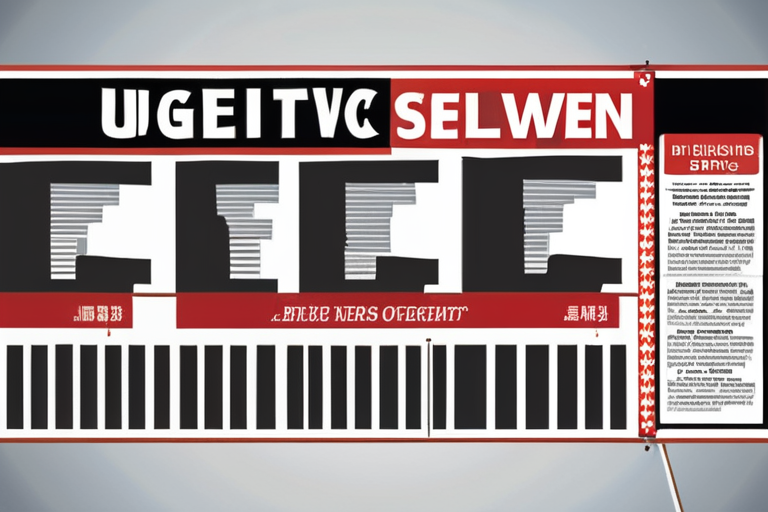
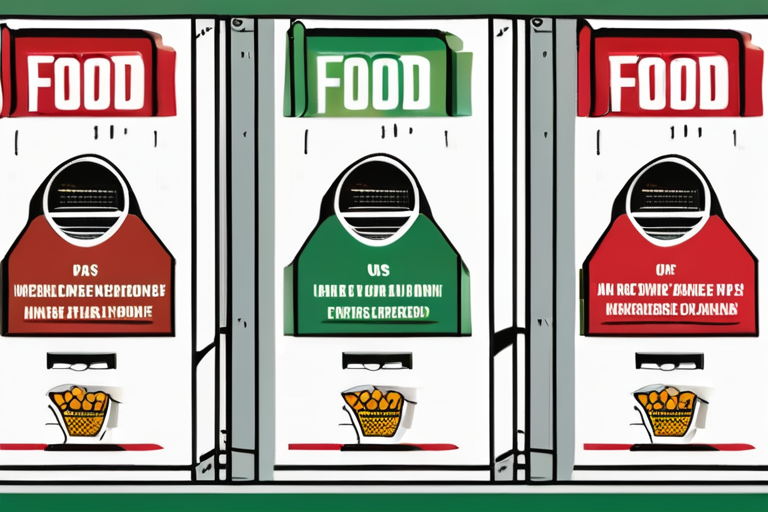









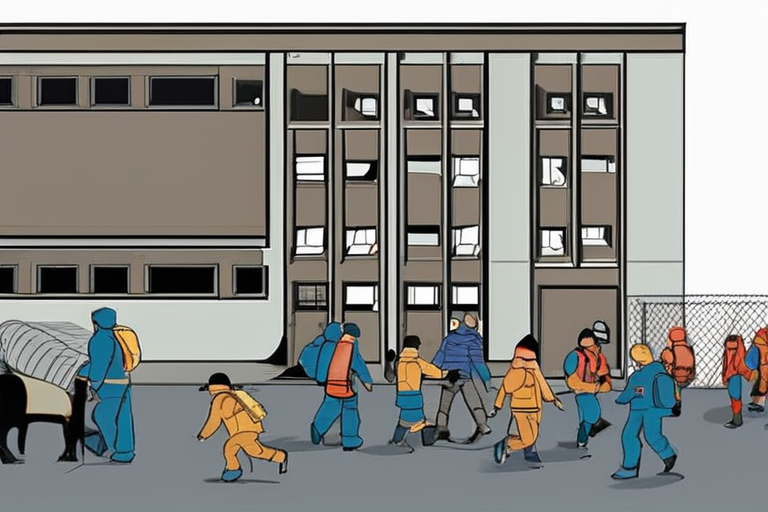

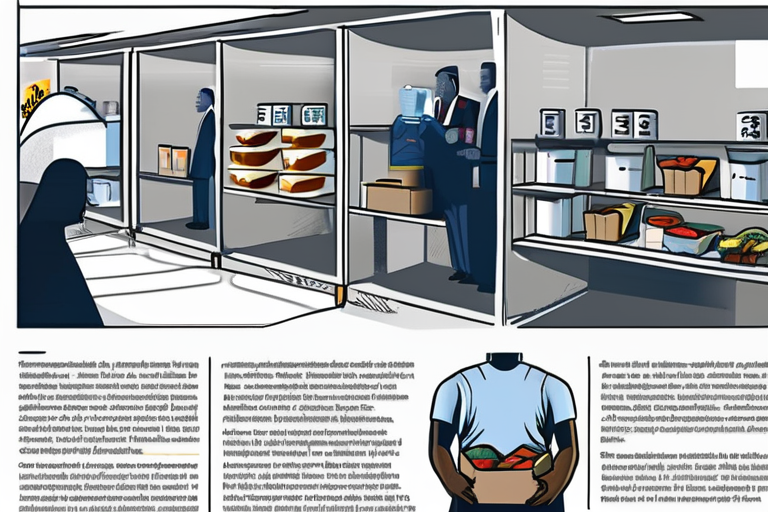

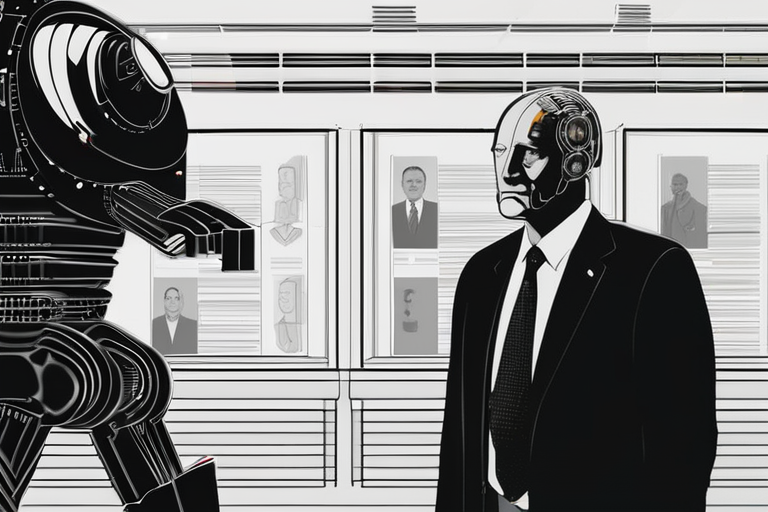

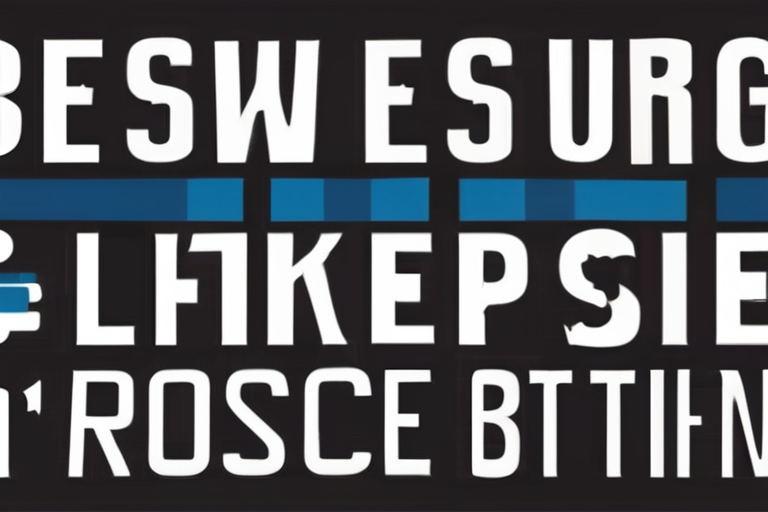


Share & Engage Share
Share this article